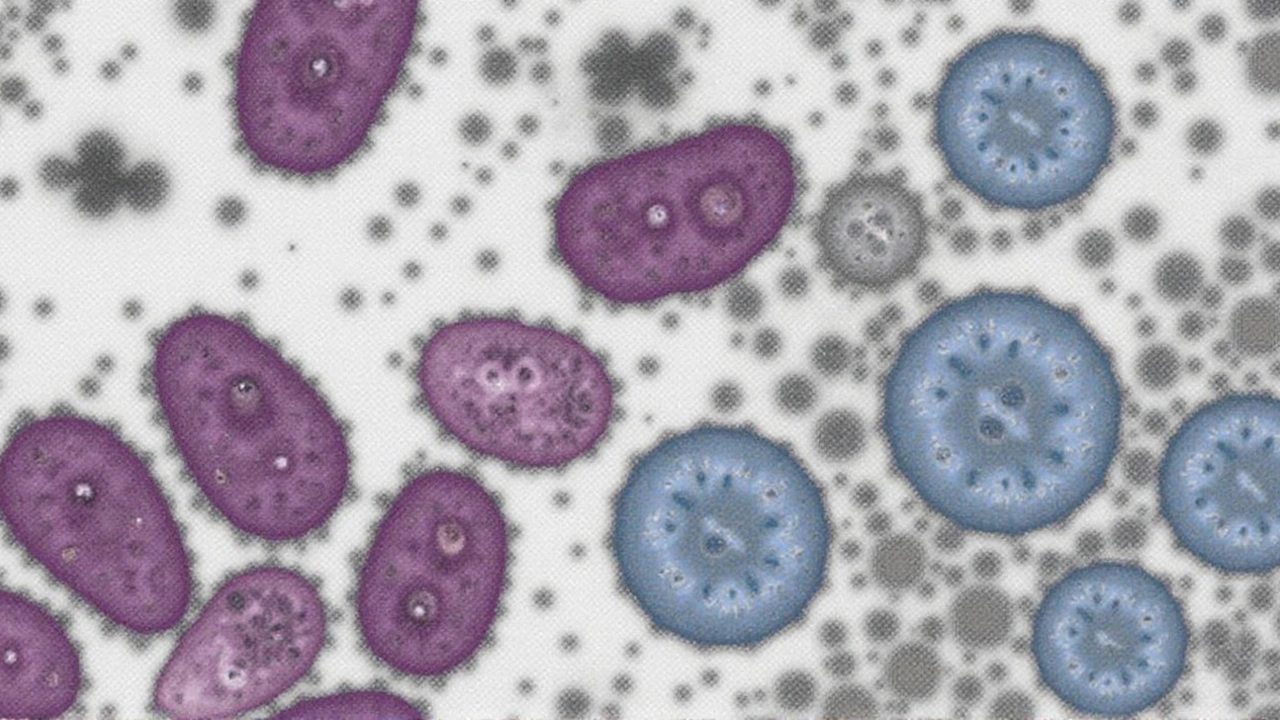Mpox (Monkeypox): Signs, prevention and what to do if you’re exposed
Mpox can start like a flu and turn into a rash that lasts weeks. It spreads mainly through close skin-to-skin contact, and people stay contagious until all scabs fall off. That makes quick recognition and simple steps to limit spread really useful — for you and the people around you.
What to look for
Early signs often feel like a regular viral illness: fever, sore throat, headache, muscle aches, and tiredness. Swollen lymph nodes are common and can help tell mpox apart from some other infections.
A few days after those first symptoms, a rash appears. It usually starts as flat red spots that become raised bumps, then filled blisters, then pus-filled lesions, and finally scabs. The rash can be on the face, hands, chest, genitals, or in the mouth. Incubation is usually 5–21 days, and symptoms can last 2–4 weeks.
How it spreads and how to protect yourself
Mpox spreads mainly through close, direct contact with a person who has symptoms — touching lesions, sharing bedding or towels, or kissing. Prolonged face-to-face contact can also spread it via respiratory droplets. It’s less likely to spread through casual passing contact.
Practical steps that actually help: cover any rash with clothing or a clean bandage, avoid close physical or sexual contact until a clinician says you’re not infectious, wash hands often with soap or use alcohol hand rub, don’t share bedding, towels or eating utensils with someone who’s unwell, and clean surfaces with a normal household disinfectant.
Vaccines exist and are used for people at higher risk or for close contacts after exposure. In some places vaccines like JYNNEOS/Imvanex are offered — ask your local health service if you might qualify. Treatment is mostly supportive (pain relief, fluids, wound care). Antiviral drugs such as tecovirimat are available in some countries for severe cases or people at high risk; doctors decide case-by-case.
If you think you’ve been exposed or have symptoms, call your local health clinic or public health line. They can arrange testing (PCR from a lesion swab) and advise on isolation and care. If you have serious signs — trouble breathing, severe pain, eye involvement, or if you’re pregnant or immunocompromised — seek urgent medical help.
Travel tip: avoid close contact with sick people and with wild animals or bushmeat in areas where mpox occurs. If you work in healthcare or sexual health services, use recommended PPE and follow local reporting rules.
If you want local, up-to-date guidance, contact your health department. Quick action and simple precautions stop spread and protect vulnerable people around you.
- October 15, 2024
- Comments 12
- Health

